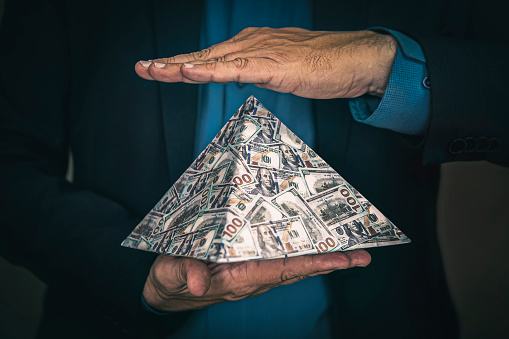"The Dark Side of Social Media: What You Need to Know"
"The Dark Side of Social Media: What You Need to Know"
Section 1: The Impact of Social Media on Mental Health
One of the biggest concerns about social media is its impact on mental health. Studies have shown that excessive use of social media can lead to increased anxiety, depression, and a host of other mental health issues.
One reason for this is that social media can be a source of constant comparison and pressure to present an idealized version of oneself. This can lead to feelings of inadequacy and low self-esteem. Social media can also lead to social isolation, as people spend more time online and less time engaging in face-to-face interactions.
Section 2: Privacy Concerns on Social Media
Privacy is another major concern when it comes to social media. The vast amount of personal information that is shared on these platforms makes them a prime target for hackers and data breaches.
Moreover, many social media platforms use this data to target advertising and gather insights about user behavior, which raises concerns about the extent to which personal information is being used and who has access to it. In addition, the rise of deepfakes and other forms of online manipulation make it increasingly difficult to determine what information is trustworthy and what is not.
Section 3: The Spread of Misinformation on Social Media
Finally, social media is a breeding ground for the spread of misinformation. The algorithms that power social media platforms are designed to promote engagement and keep users on the site for as long as possible, which can lead to the spread of sensationalized or outright false information.
This can have serious consequences, as false information can spread rapidly and have a significant impact on public opinion. The 2016 US presidential election, for example, was heavily influenced by misinformation spread on social media, and the COVID-19 pandemic has been plagued by misinformation about the virus and its spread.
Section 4: Steps to Address the Dark Side of Social Media
While the dark side of social media can be concerning, there are steps that can be taken to address these issues. For example, social media companies can invest more in content moderation to prevent the spread of misinformation and hate speech.
Users can also take steps to protect their privacy, such as limiting the amount of personal information they share online and using strong passwords. Additionally, limiting time spent on social media and engaging in face-to-face interactions can help combat the negative effects of excessive social media use.
Conclusion
Social media has many benefits, but it also has a dark side that can have serious consequences for mental health, privacy, and the spread of misinformation. By being aware of these issues and taking steps to address them, we can help ensure that social media is a positive force in our lives, rather than a source of stress and anxiety.






Comments
Post a Comment